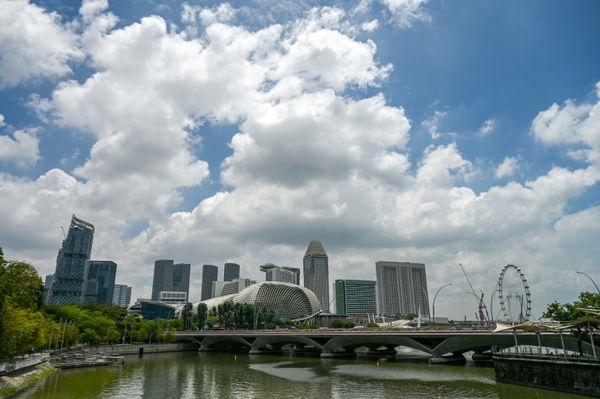Syria’s new rulers have inducted foreign Islamist fighters, including Uyghurs, a Jordanian and a Turk, into the country’s military in the aftermath of president Bashar al-Assad's ouster.
The new leadership under Abu Mohammed al Golani, chief of Hayat Tahrir al-Sham, a former Al Qaeda and Isis affiliate that led the rebellion against Mr Assad, last week unveiled an accord to dissolve the armed militias operating in the country and integrate them into the military.
Mr Golani, the de facto leader, has since tapped dozens of former militants, including foreigners, for high-ranking positions in the army. At least six of the nearly 50 military roles announced by the defence ministry have gone to foreigners, Reuters reported on Sunday.
The new regime said the appointments were aimed at modernising the military “in order to guarantee security and stability”, AFP reported.
The decision to install Islamist fighters in senior military roles could alarm foreign governments as well as Syrian citizens fearful of the new regime’s intentions, particularly towards minority groups. The concerns remain despite the de facto government pledging not to export Islamic revolution and to rule with tolerance towards Syria's large minority groups.
The fighters named to military positions on Sunday included members of Mr Golani's HTS as well as former army officers who had joined the opposition in the early days of the civil war. The foreign fighters are either from the HTS or aligned with the rebel group, according to the Syrian Observatory for Human Rights, a war monitor based in the UK.
Abdulaziz Dawood Khudaberdi, a Uyghur from China’s Xinjiang region, was made a brigadier general, his Turkistan Islamic Party said.
Fellow Uyghur fighters Mawlan Tarsoun Abdussamad and Abdulsalam Yasin Ahmad were given the rank of colonel, the party said in a statement congratulating them and the Uyghur community on the appointments.
Thousands of Sunni Muslim insurgents from abroad joined Syria's rebel groups early in the 13-year civil war to fight Mr Assad and the Shia militias supporting him, giving the conflict a sectarian overtone.
Some foreign fighters launched their own armed groups, while many joined Isis as it rampaged through Iraq and Syria, briefly declaring a so-called caliphate before being routed by forces backed by the US and Iran.
In remarks broadcast on Sunday, Mr Golani said the new Syria "cannot be run by the mentality of groups and militias". The new regime has indicated that foreign fighters and their families could be granted Syrian citizenship owing to their contributions in overthrowing Mr Assad.
"This is a small token of recognition for the sacrifices Islamist jihadists gave to our struggle for freedom from Assad's oppression," an HTS source told Reuters.







